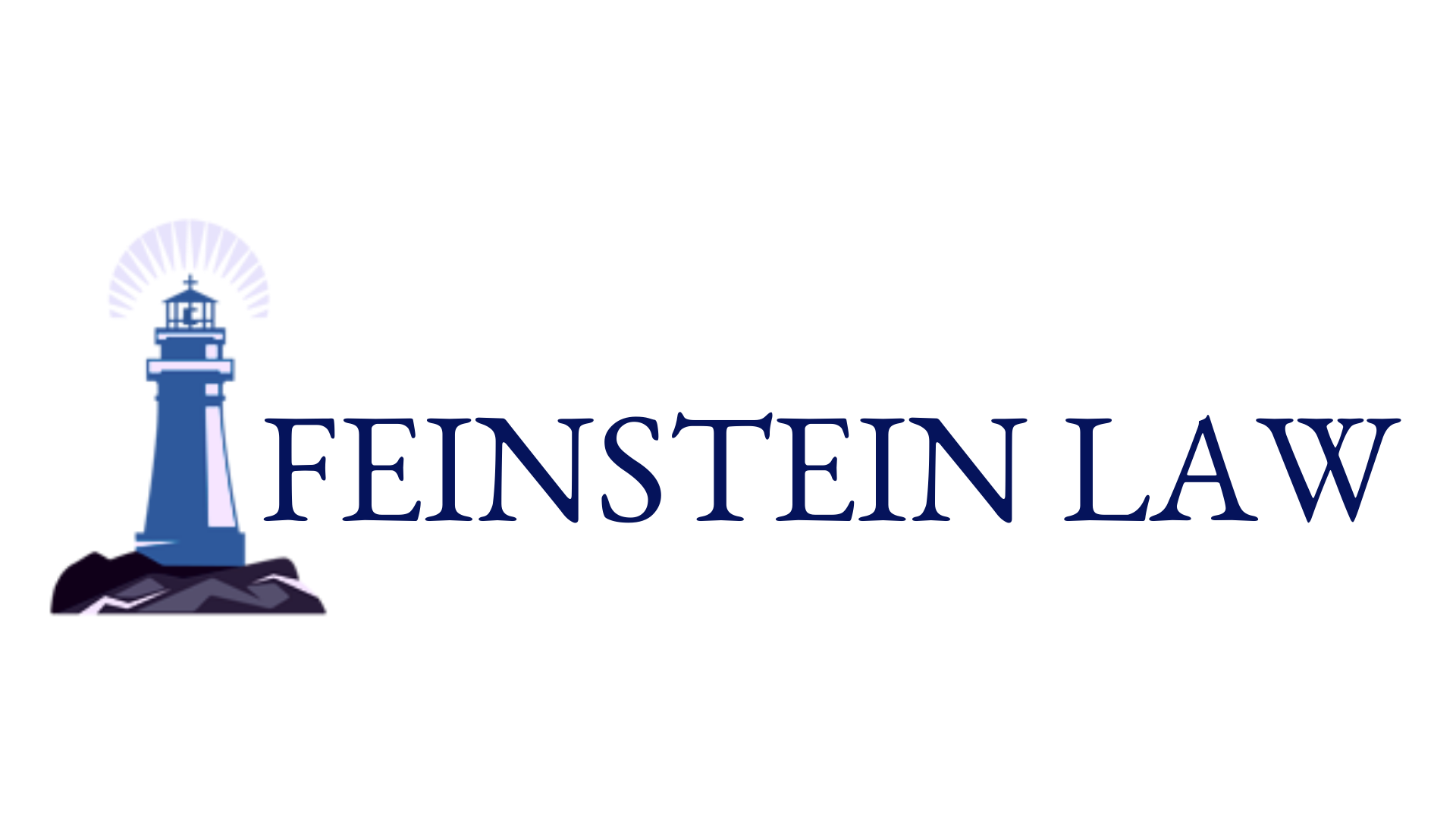On November 10, 2014, the U.S. Securities and Exchange Commission (“SEC”) released an administrative cease-and-desist order pursuant to Section 8A of the Securities Act of 1933, as amended (“Securities Act”) against the crowdfunding website Eureeca.com of the Cayman Islands. This order required not only Eureeca to cease and desist from committing or causing any violations and any future violations of Sections 5(a) and 5(c) of the Securities Act and Section 15(a) of the Exchange Act of 1934, as amended (“Exchange Act”), but also required Eureeca to pay civil penalties in the amount of $25,000 dollars to the SEC.
Eureeca’s Actions
Eureeca Capital SPC operates an online, securities-based, crowdfunding platform in the Cayman Islands and has never registered with the SEC in any capacity. In May 2013, Eureeca, through their website started a global online, securities-based crowdfunding platform that connected issuers with potential investors to raise funds in exchange for equity in the funded company. Eureeca provided for refunds if the company did not meet the funding goal and if the company did meet the goal Eureeca would complete the legal requirements and manage the swap of funds for the equity agreed upon. The website permitted unrestricted access to the names of the offerings, the amount of the offerings, and informational videos about the offerings without requiring the user to register. This information was not password protected or restricted in anyway. Therefore, the SEC found this impermissible general solicitation under Rule 506 because Eureeca did not screen the potential investors for accredited investor status and they permitted unrestricted access to any and potentially all U.S. persons, in violation of Sections 5(a) and 5(c) of the Securities Act and Section 15(a) of the Exchange Act. However, Eureeca’s disclaimer stated that their services were not being offered to U.S. persons but this disclaimer was buried in the “Terms of Business” document and agreement was not a prerequisite to viewing the issuer information. These actions allowed three U.S. investors to invest approximately $20,000 total in four separate offerings on the website and, once discovered by the SEC, resulted in Eureeca having to cease-and-desist from any further actions listed above and pay a civil penalty of $25,000 to the SEC for the violations.
What are Sections 5(a) and 5(c) of the Securities Act?
Sections 5(a) and 5(c) of the Securities Act state:
(a) Sale or delivery after sale of unregistered securities
Unless a registration statement is in effect as to a security, it shall be unlawful for any person, directly or indirectly—(1) to make use of any means or instruments of transportation or communication in interstate commerce or of the mails to sell such security through the use or medium of any prospectus or otherwise; or (2) to carry or cause to be carried through the mails or in interstate commerce, by any means or instruments of transportation, any such security for the purpose of sale or for delivery after sale.
(c) Necessity of filing registration statement
It shall be unlawful for any person, directly or indirectly, to make use of any means or instruments of transportation or communication in interstate commerce or of the mails to offer to sell or offer to buy through the use or medium of any prospectus or otherwise any security, unless a registration statement has been filed as to such security, or while the registration statement is the subject of a refusal order or stop order or (prior to the effective date of the registration statement) any public proceeding or examination under section 77h of this title.
In this case, Eureeca generally solicited U.S. persons to invest in unregistered securities from the Cayman Islands in violation of the interstate commerce provision of Section 5(a) and allowed those U.S. persons to actually fund those investments in the unregistered securities in violation of Section 5(c). These types of provisions require the analysis of a securities attorney and should not be attempted by those unfamiliar with the nuances of U.S. securities law.
The Lesson Learned
The JOBS Act and general solicitation under Rule 506(c) has allowed for the one of the greatest opportunities in nearly one hundred years but, if you do not follow U.S. federal securities law like Eureeca, you and your company could be on the hook for civil penalties or worse. If you operate a crowdfunding website and would like to make sure that you are not in conflict with U.S. securities law or believe you or your company may have violated Section 5 of the Securities Act, please contact us for a free, confidential consultation.
This securities law blog post about the SEC and Eureeca is provided as a general informational service to clients and friends of Feinstein Law, PA and should not be construed as, and does not constitute, legal and compliance advice on any specific matter, nor does this message create an attorney-client relationship. © Feinstein Law, PA, 2014.
For more information concerning the rules and regulations affecting the going public direct transactions, direct public offerings, or dual listing, please contact Feinstein Law, PA at (619) 990-7491 or by email at Todd@Feinsteinlawfirm.com or JDunsmoor@Feinsteinlawfirm.com. Please note that the prior results discussed herein do not guarantee similar outcomes. Todd Feinstein is admitted in Florida and Jonathan Dunsmoor is admitted in New York.

